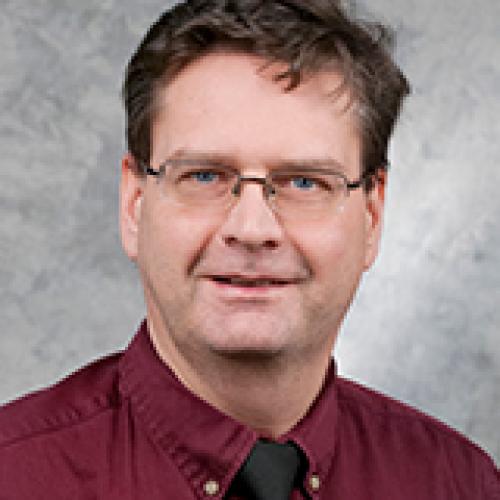PhD students Michael Gryk and Noah Samuel will present their research at the 14th International Conference on Knowledge Management (ICKM), which will be held November 9-10 in Vancouver, Canada, in conjunction with the ASIS&T Annual Meeting. ICKM brings together academics, researchers, developers, and other information professionals for discussions on the theoretical and practical aspects of information and knowledge management.
Gryk will present the poster, "A Rosetta Stone for Provenance Models," which he coauthored with MS/IM student Pratik Shrivastava and Professor Bertram Ludäscher. By documenting four different models for tracking provenance (Common Workflow Language, YesWorkflow, PROV, and PREMIS) on the same workflow records, the researchers provide “a Rosetta Stone for translating the provenance semantics between the various models.”
Samuel will present his poster, "Bridging, Bonding, and Maintained Social Capital as Predictors of Psychological Well-Being in a WhatsApp Group," in which he discusses his study of how participants build and maintain social capital through group communication on WhatsApp.
"I collected data from 75 participants who graduated from the same high school in 2003 and currently use WhatsApp to keep in touch," Samuel said. "The study tested a single hypothesis to see if bridging, bonding, and maintained social capital in the group are predictive of individual group member's self-reported measures of psychological well-being. Of the three, only bridging social capital is a significant predictor of psychological well-being."
Samuel's research explores how people innovate with technology in a community setting, the potential for entrepreneurial development in local maker labs, and lessons that can be learned from these labs. He earned his master of information science from the University of Ibadan, Nigeria.
Gryk's research interests include scientific data management; computational reproducibility; data curation; workflows and provenance; and information organization, representation, and access. He earned his PhD in biophysics from Stanford University and MS in chemistry from the University of Connecticut.
